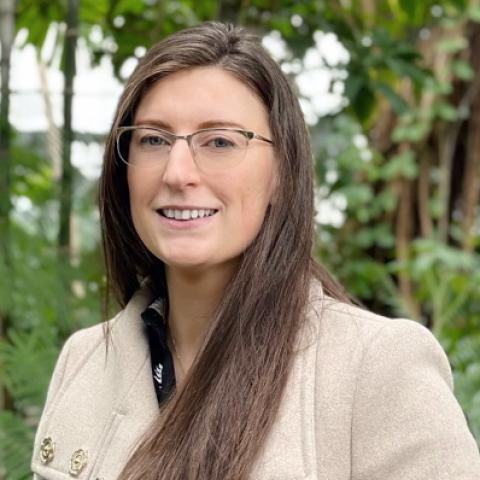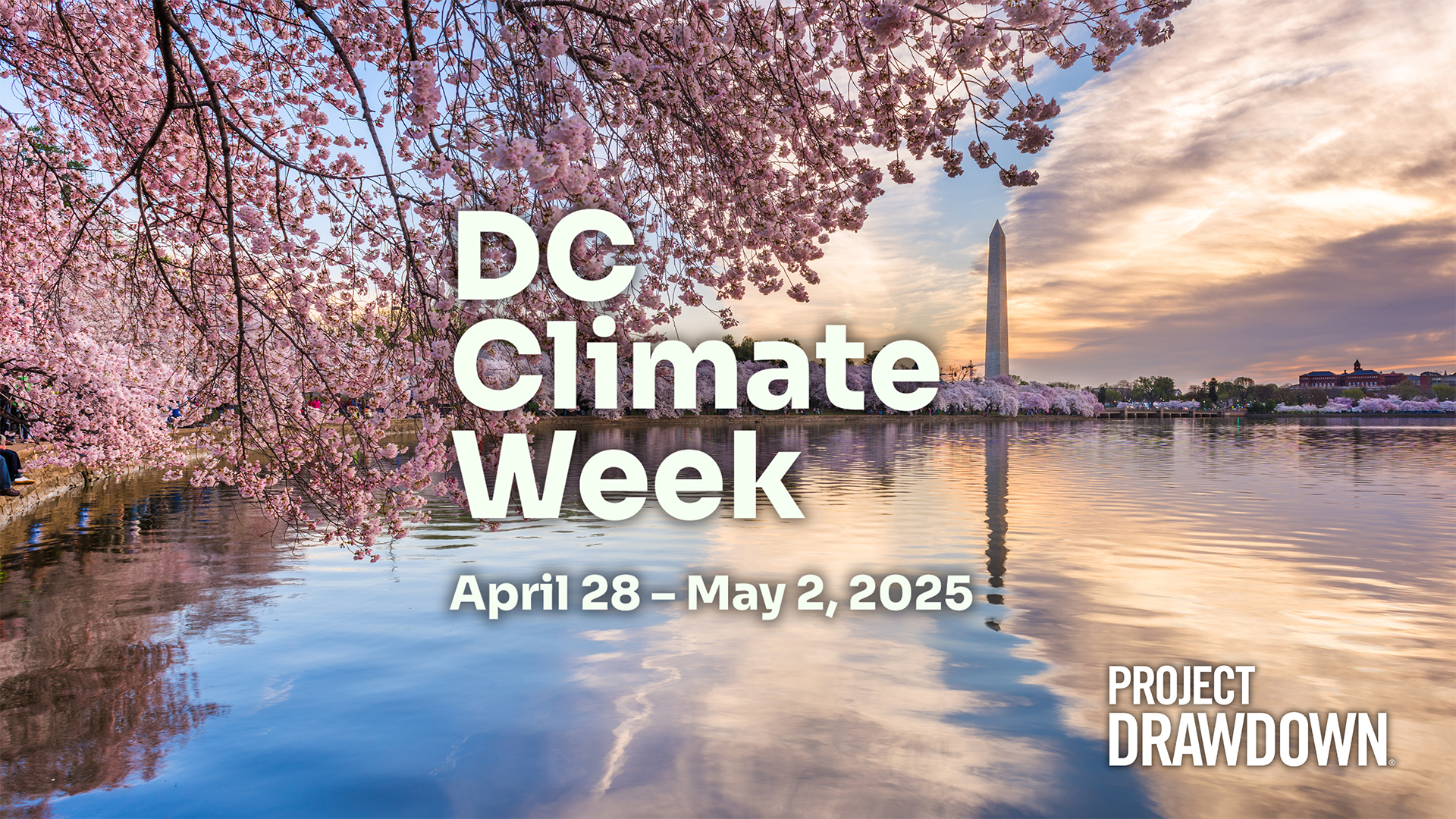MONDAY, APRIL 28
Climate Heroes Everywhere: Your Story & Role in Solutions
Part of the Mapping the Climate Movement Hackathon
6:00 p.m.–2:00 a.m. ET (Talk from 7:00–7:20 p.m. ET)
Register for address
Co-hosted by the country’s leading youth climate organizations – Fridays for Future USA, Sunrise Movement, Campus Climate Network, Zero Hour, Youth Climate Collaborative, and more – this hackathon will bring together activists, organizers, and tech nerds (and anyone else!) to collectively create a resource called The Movement Map, a tool for advocates, journalists, academics, scientists, and the broader public to mobilize and engage in resistance moving forward.
Matt Scott will provide one of the opening presentations at the event from 7:00–7:20 p.m., connecting the audience with his prior experience running the world’s largest global hackathon with NASA and highlighting everyday climate heroes and solutions with Project Drawdown.
After this talk, attendees will then co-work together to build out and hard launch the Movement Map, documenting key organizations, chapters, and networks through the Map’s open-source submission form while enjoying snacks, playing pool, listening to music, and making new friends.
Register to attend here.
TUESDAY, APRIL 29
The Power of Storytelling: Centering Frontline Voices in Climate Solutions
Part of Creating an Inclusive Climate Future
10:10–10:45 a.m. ET
1140 3rd St NE, Washington, DC
Matt Scott will deliver the opening talk at Designing A More Inclusive Climate Future, a DC Climate Week event focused on how we can reimagine the built environment through the lenses of equity, resilience, and innovation.
How do we build climate resilience that truly serves communities on the frontlines? By passing the mic. In this session, Matt shares how storytelling is a powerful tool to surface overlooked climate heroes. This session will be an opportunity to learn how authentic engagement and narrative change can shift who we see as experts, and why equity-centered storytelling is critical to advancing climate solutions.
Beyond Matt’s talk, the Designing A More Inclusive Climate Future mini-summit begins at 10:00 a.m. and will convene thought leaders from across architecture, engineering, construction, and climate tech to explore how inclusive design and workforce development strategies can accelerate our response to the climate crisis, especially in historically excluded communities.
Register to attend here.
THURSDAY, MAY 1
The Future We Seed: Black Wellness, Eco Justice & Visionary Living (Black Girl Environmentalist x Project Drawdown)
Part of Marketplace of the Future DC
6:00–7:00 p.m. ET
1875 I St. NW, Washington, DC
As the world grapples with intersecting crises, Black leaders from the green sector and community spaces come together to imagine what’s next on the path to climate solutions. Matt Scott joins this panel which, in the spirit of storytelling, will dive into expansive definitions of wellness, offering bold, rooted visions for collective care, climate justice, and thriving futures. Black Girl Environmentalist and Project Drawdown host this conversation centering the power of climate solutions storytelling and eco-wellness as a whole, and the many visions of what that means for us. Each panelist will bring a unique perspective that represents the many roles we play within this solutions movement. Anything from art and floral design to composting to creating green pathways will be discussed. In addition to Matt Scott, participants include:
- Destiny Hodges, Founder and Executive Director at Generation Green
- Kehmari Norman, Founder of BLK FLWR MRKT
- Ashley Walker, Social Media Manager at Climate Reality Project
After eight consecutive years running during Climate Week NYC, Marketplace of the Future is preparing for its first step out of New York. What better moment than the first-ever Climate Week in our nation's capital? The Marketplace of the Future is a new take on the 1939 New York World’s Fair, which was dubbed “The World of Tomorrow” and featured new inventions such as the fluorescent light bulb, air-conditioning, and television. The event exists to show climate solutions in the same light – novel now, normal soon.
Register to attend here.


